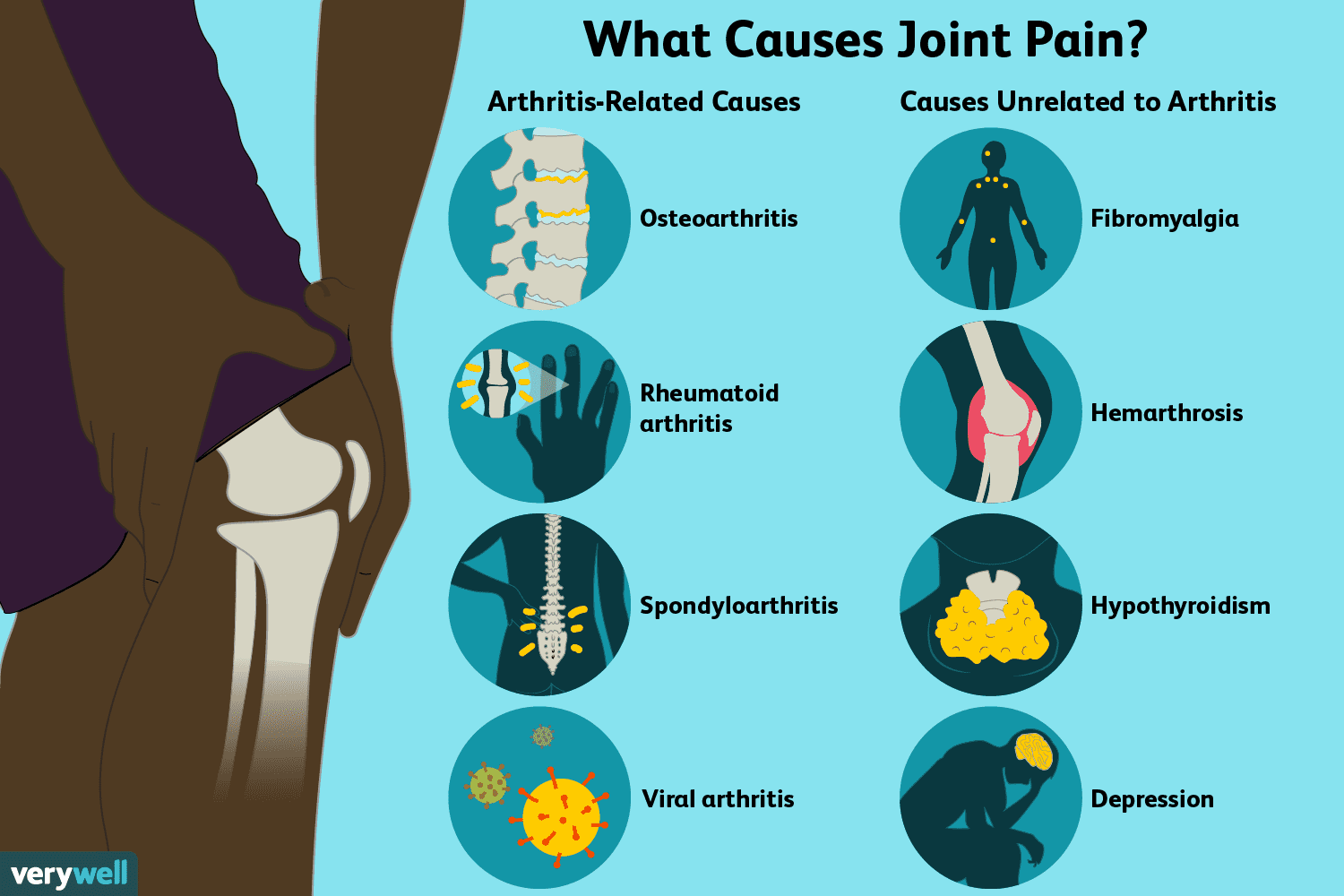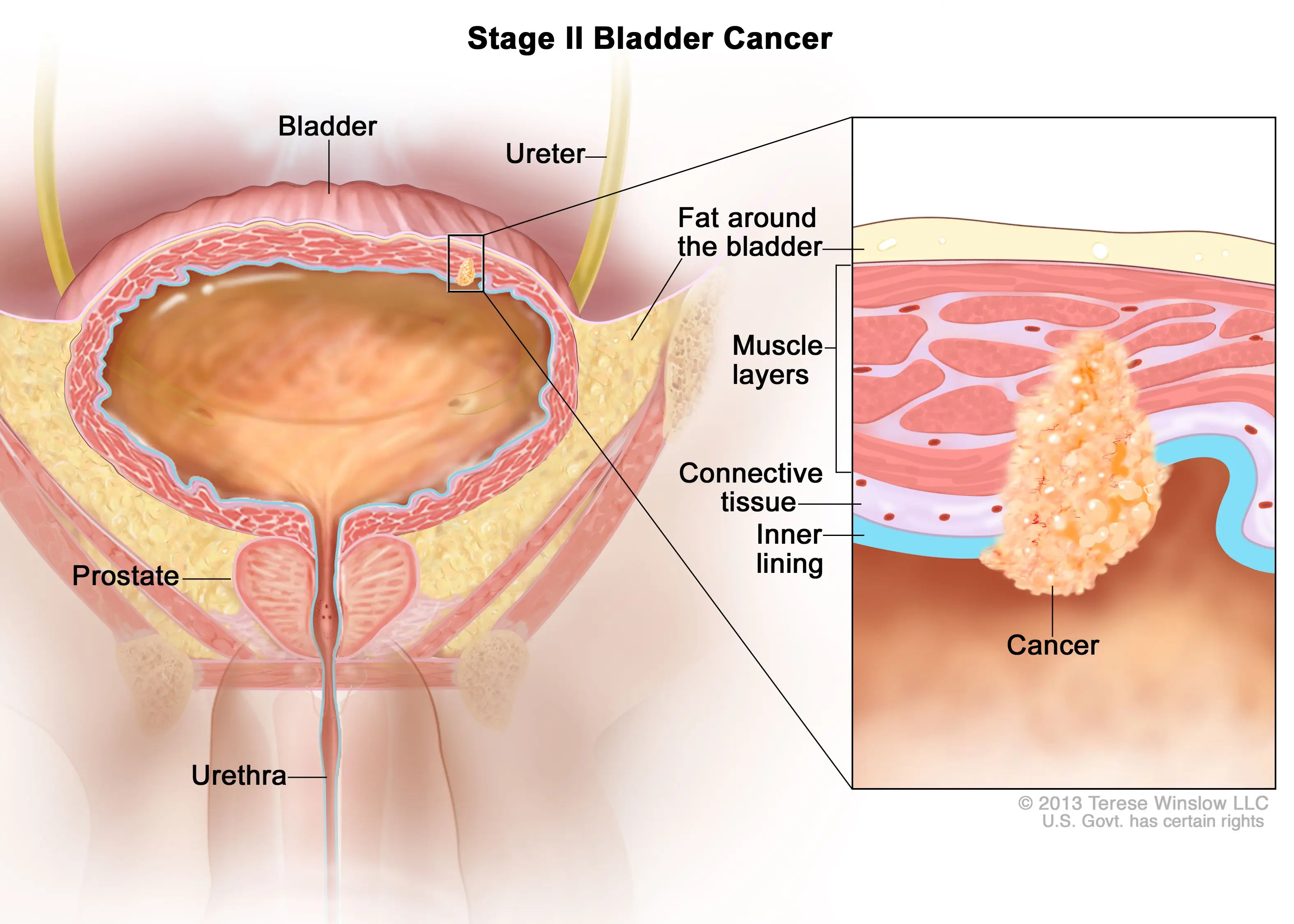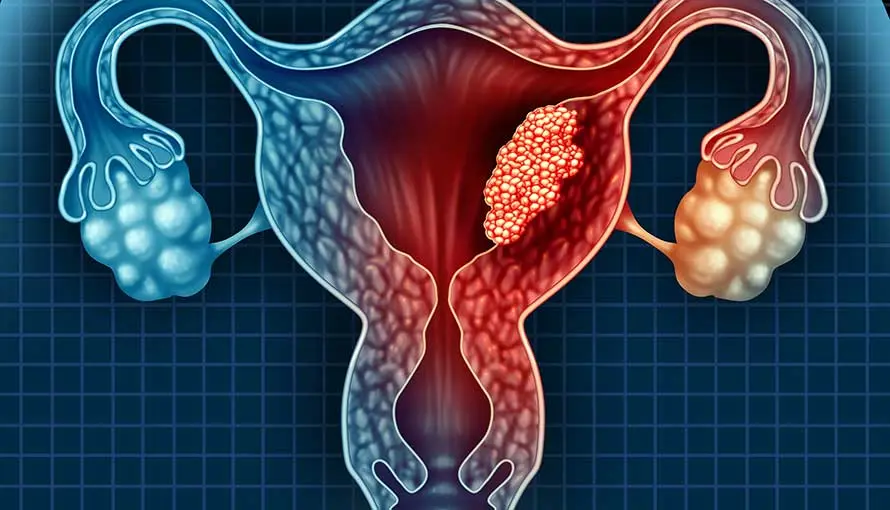What Are the Most Effective Pancreatic Cancer Treatments in 2025?
Pancreatic cancer is one of the most challenging cancers to diagnose and treat. It often develops silently, making it difficult to detect until it is in advanced stages. Pancreatic cancer treatments have evolved significantly, with new advancements in surgery, chemotherapy, radiation, and targeted therapies offering hope for better patient outcomes in 2025. This article explores the most effective pancreatic cancer treatments available today and how they are improving the lives of patients.
What Is Pancreatic Cancer?
Pancreatic cancer refers to the uncontrolled growth of abnormal cells in the pancreas, an organ that plays a crucial role in digestion and insulin production. It is divided into two main types:
- Exocrine Pancreatic Cancer: The most common type, which originates in the cells that produce digestive enzymes.
- Endocrine Pancreatic Cancer (Pancreatic Neuroendocrine Tumors): A rarer form of cancer that develops in the hormone-producing cells of the pancreas.
The prognosis for pancreatic cancer is often poor due to its late-stage diagnosis, but recent advances in treatment have increased survival rates and quality of life for many patients.
Effective Pancreatic Cancer Treatment Options in 2025
1. Surgical Treatment for Pancreatic Cancer
Surgery is the most effective treatment option for early-stage pancreatic cancer. However, only a small percentage of patients are eligible for surgery due to the location and aggressiveness of the disease. The most common surgical procedures include:
- Whipple Procedure (Pancreaticoduodenectomy): This surgery involves removing the head of the pancreas, part of the small intestine, bile duct, gallbladder, and nearby lymph nodes.
- Distal Pancreatectomy: This involves the removal of the body and tail of the pancreas, often performed when the cancer is localized to these areas.
- Total Pancreatectomy: In some cases, the entire pancreas, along with nearby tissues, may be removed.
Advances in minimally invasive surgery are allowing for shorter recovery times and fewer complications.
2. Chemotherapy for Pancreatic Cancer
Chemotherapy is one of the most commonly used treatments for advanced pancreatic cancer. It works by targeting and killing rapidly dividing cancer cells throughout the body. In 2025, several chemotherapy regimens are available, including:
- FOLFIRINOX: A combination of four chemotherapy drugs, often used for advanced pancreatic cancer.
- Gemcitabine: A chemotherapy drug that is frequently used in combination with other drugs for pancreatic cancer treatment.
- Nab-paclitaxel: A newer chemotherapy drug that has shown promise when combined with gemcitabine.
Chemotherapy is typically used after surgery to eliminate any remaining cancer cells or for patients who cannot undergo surgery.
3. Radiation Therapy for Pancreatic Cancer
Radiation therapy uses high-energy rays to target and destroy cancer cells. It is commonly used in combination with chemotherapy for patients who are not candidates for surgery. The main types of radiation therapy used for pancreatic cancer are:
- External Beam Radiation: The patient lies on a table while radiation is directed at the tumor from outside the body.
- Stereotactic Body Radiation Therapy (SBRT): This advanced technique delivers high doses of radiation with precision, reducing damage to surrounding healthy tissues.
Radiation therapy may also be used palliatively to relieve symptoms such as pain caused by a tumor pressing on surrounding organs.
4. Targeted Therapy for Pancreatic Cancer
Targeted therapies aim to attack cancer cells without harming normal cells. These treatments target specific genes, proteins, or blood vessels that contribute to cancer growth. Some of the most promising targeted therapies for pancreatic cancer include:
- Erlotinib: A drug that targets the epidermal growth factor receptor (EGFR), which plays a role in cancer cell growth.
- Olaparib: A PARP inhibitor that targets DNA repair mechanisms in cancer cells, particularly for patients with BRCA mutations.
- Immunotherapy: Emerging treatments are aiming to use the immune system to fight pancreatic cancer, with promising results for patients with certain genetic profiles.
Targeted therapies are often used in combination with chemotherapy for better results, particularly for advanced pancreatic cancer.
5. Immunotherapy for Pancreatic Cancer
Immunotherapy is an innovative treatment approach that boosts the body's immune system to recognize and fight cancer cells. For pancreatic cancer, immunotherapy is still in its early stages but has shown promise in clinical trials. The main types of immunotherapy being studied include:
- Checkpoint Inhibitors: These drugs block proteins that prevent immune cells from attacking cancer cells, allowing the immune system to work more effectively.
- Cancer Vaccines: Researchers are developing vaccines to stimulate the immune system to recognize and fight specific pancreatic cancer cells.
While immunotherapy is not yet a standard treatment for pancreatic cancer, ongoing research may make it more widely available in the near future.
6. Newer Experimental Treatments
Several new and experimental treatments are currently under investigation for pancreatic cancer. Some of the most promising treatments include:
- Gene Therapy: This involves modifying the genes of cancer cells to slow or stop their growth.
- Nanoparticle Therapy: Researchers are exploring the use of nanoparticles to deliver chemotherapy directly to cancer cells, minimizing damage to healthy cells.
- Oncolytic Virus Therapy: This approach uses viruses that selectively infect and kill cancer cells.
These treatments are still in the clinical trial phase, but they offer hope for the future of pancreatic cancer care.
Pancreatic Cancer Treatment Comparison
| Treatment Type | Best For | Benefits | Side Effects | Key Drugs/Techniques |
|---|---|---|---|---|
| Surgical Treatment | Early-stage pancreatic cancer | Potential cure, especially with early diagnosis | Surgical risks, long recovery time | Whipple Procedure, Distal Pancreatectomy |
| Chemotherapy | Advanced pancreatic cancer | Reduces tumor size, improves survival | Nausea, fatigue, weakened immune system | FOLFIRINOX, Gemcitabine, Nab-paclitaxel |
| Radiation Therapy | Localized or advanced pancreatic cancer | Non-invasive, can shrink tumors | Fatigue, skin irritation, nausea | External Beam, SBRT |
| Targeted Therapy | Advanced pancreatic cancer with specific mutations | More precise, fewer side effects | Fatigue, skin problems, diarrhea | Erlotinib, Olaparib |
| Immunotherapy | Recurrent or metastatic pancreatic cancer | Enhances immune response against cancer cells | Fatigue, flu-like symptoms, skin reactions | Checkpoint Inhibitors, Cancer Vaccines |
| Experimental Treatments | Refractory pancreatic cancer | Innovative approach with potential long-term results | Unknown long-term effects | Gene Therapy, Nanoparticle Therapy |
Conclusion: The Future of Pancreatic Cancer Treatment
While pancreatic cancer remains one of the most difficult cancers to treat, advancements in surgery, chemotherapy, radiation, targeted therapies, and immunotherapy offer hope for better outcomes in 2025. Newer experimental treatments are also showing promise, and ongoing research may lead to even more effective treatments in the near future. Patients should discuss all available options with their healthcare providers to determine the best course of action for their individual diagnosis.
Explore

Most Effective and Newest Medications for Arthritis Pain Relief

Cancer Treatment Breakthroughs: What’s on the Horizon in 2025?

Mental Health and Cancer Care: The Importance of Emotional Support During Treatment

Understanding Cancer Insurance: Why It's Essential for Your Health Coverage

New Breakthroughs in Advanced Prostate Cancer Treatment

Best Treatment Options for Lung Cancer in 2025

Top Bladder Cancer Treatment Options You Should Know About

Understanding Uterus Cancer Treatment: What’s New in 2025?
